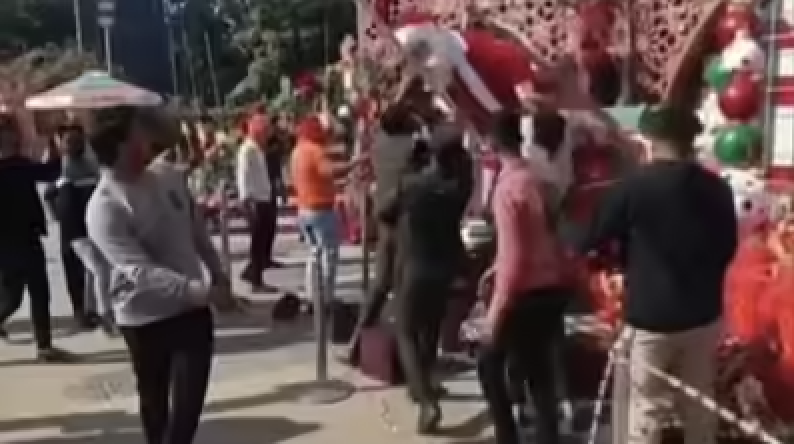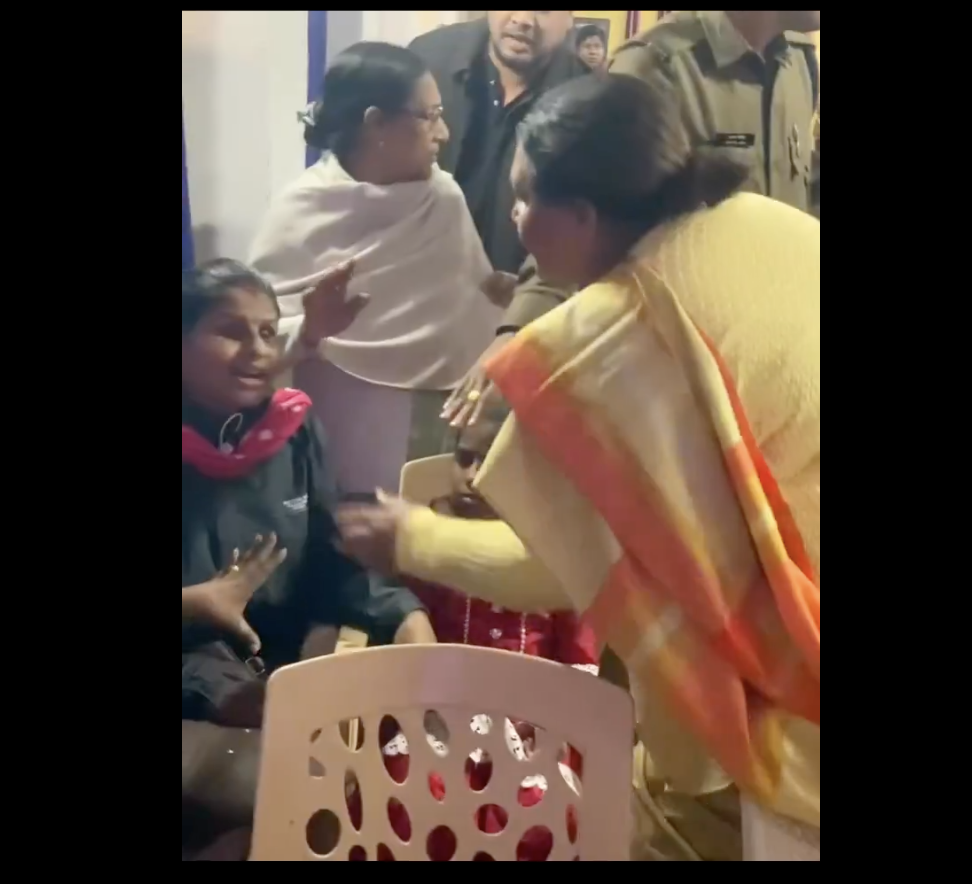
Delhi Police has moved the Delhi High Court against a lower court order that slapped a fine of Rs 25,000 on it, calling their probe into a case from the communal violence of February 2020 ‘farcical’, and had asked the police to register an FIR on the basis of Mohmmad Nasir’s complaint.
Nasir had lost his left eye during the violence.
This is the second time that Delhi Police has moved the court against an order that asked it to file an FIR on Nasir’s complaint.
The complaint was filed by Nasir on 19 March 2020. On 21 October the same year Metropolitan Magistrate Richa Manchanda had directed the police to register an FIR in 24 hours. When The Quint had reached out to Delhi Police SHO from Bhajanpura police station, he said they would challenge the order, which they did. On 13 July Additional Sessions Judge Vinod Yadav passed another order dismissing the police’s petition for not registering an FIR. He also slapped a fine of Rs 25,000 on them, called their investigation ‘farcical’ and sent the order to the Delhi Police commissioner to take note of the level of investigation and supervision in the matter.
In this report, we cover:
- What the Delhi Police’s HC petition states
- What ASJ Vinod Yadav noted in his order
- Who Nasir is and how he lost his eye
What The Delhi Police’s Petition in HC States
a. The police says that ASJ Yadav’s order was on deciding the legality of the order passed by the previous judge, MM Manchanda. However, on 19 July 2021, on a plea moved by one of the accused in the case, Naresh Tyagi, the HC stayed Manchanda’s order. Hence, the police has argued that since the very order at the root of this case has been stayed, they moved this petition in court.
b. The police says that the police has failed to take into consideration Section 210 of the CrPC, which states the procedure to be followed when there is a complaint case and police investigation in respect of the same offence. The police is arguing that there is already an FIR, which includes the alleged offence against Nasir. Hence, another complaint is not needed.
c. The police has said that they were slapped with a fine without allowing the oportunity to the DCP to make his submission, which is against the principle of natural justice.
d. The police called the imposition of the cost on them ‘not only unwarranted but uncalled for’ as it would affect the career of government officials and cause ‘serious dent to their reputation’.
e. The police has argued that the registration of an FIR (on Nasir’s complaint) would increase the burden on the judicial system that is already overburdened.
What ASJ Vinod Yadav Noted in His Order
Other than what has been said above, the court said that it was not able to persuade itself about the efficacy and fairness of the investigation that was carried out. “The investigation even in case FIR No.64/2020, PS Bhajanpura has been done in a most casual, callous and farcical manner,” the order reads.
Not only that, the order says that the ‘defence for the accused persons named in Nasir’s complaint has been sought to be created by the Police’.
The court also said that the respondent, Nasir, was ‘free to exhaust his remedies available to him in accordance with law to get a separate FIR registered in respect of his complaint dated 03.07.2020 as well as under Section 166-A IPC, if so advised’.
Nasir had filed a written complaint against the accused, naming them on 19 March 2020 and has waited for over a year while the police refuses to register a case against them.
Who Nasir is And How He Lost His Eye
Nasir, 34, who works as a junior assistant at the National Cadet Corps, was on his way back from Max Hospital in Shalimar Bagh with his sister on 24 February. “She was getting discharged after a kidney stone operation. We were returning with a cab driver who was a Muslim. Many roads were closed and rioters were making the rounds. We were all very scared,” he said.
After taking detours and struggling to get home, Nasir, his sister, and the cab driver reached his residence. Nasir asked the cab driver to stay back for a while.
When Nasir turned to return home, the violence had considerably spread. “I stayed there for a while, but then a Hindu friend, who was my school friend, came and made me sit on his bike. He was in the area and passing and left me around a kilometre away from my home. Throughout, I was walking carefully, hiding whenever needed. Finally, when I was just about to turn towards the street leading to my home, I was attacked by a mob of about 100 people,” he said.






